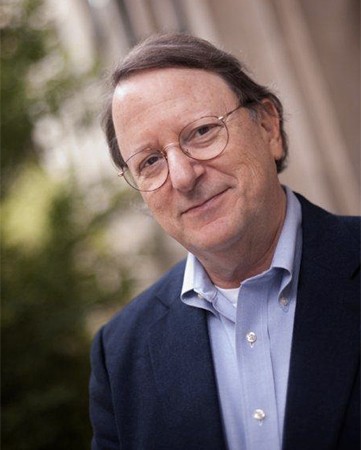In the wake of President Barack Obama's call last week for research into safety technology to reduce gun violence, a Johns Hopkins University researcher authored an op-ed in The New York Times advocating for the development of smart guns, a "common sense approach" to that does not encroach on Second Amendment rights.

Image caption: Stephen Teret
Stephen Teret, professor health policy at the Johns Hopkins Bloomberg School of Public Health and founding director of the school's Center for Gun Policy and Research, notes that European startups are already moving forward with smart guns, also called personalized or childproof guns.
More from The Times:
The technology involves fingerprint identification—as used on many cell phones—or radio frequency identification—like the keyless entry and ignition on many cars—to allow only authorized people to fire the guns. For a smart gun using radio frequency identification, a chip is embedded in a watch, bracelet or ring worn by the authorized user to enable the firing mechanism. Smart guns can be programmed to recognize more than one person, so the gun can be fired by the owner's spouse.
Also see: Will Obama's action create a market for 'smart' guns? (NPR)
One study of accidental shootings found that 37 percent could have been prevented if the guns involved had identification technology, Teret writes, adding: "Toddlers would not be able to fire a gun found in the home, and depressed teenagers would not be able to end their lives with smart guns. Guns stolen in home burglaries, if personalized, would have no value in the illicit market that fuels gun violence."
Charles C. W. Cooke, a staff writer at National Review, penned a counterpoint to Teret's article titled "Smart Guns Are a Delusion".
Read more from The New York Times






